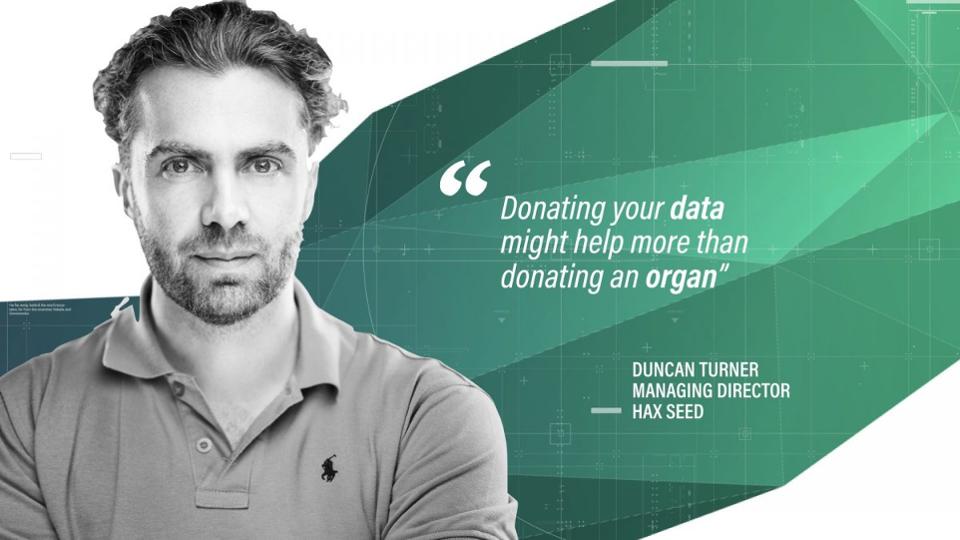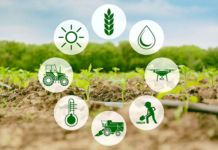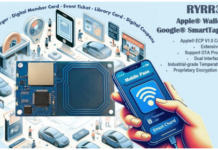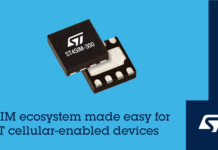
Almost 250 years after James Watt filed his first patent in 1769, we have reached a turning point in this new industrial revolution, as ecosystem evolutions enable a new wave of innovative products to come to life. Based on analysis of over 200 hardware startups, the HAX Hardware Trends Report has identified six key ways the world of connected devices has evolved and will impact our lives in the coming years.
General Trends
If Internet was a revolution, it was only the beginning: the physical world is being re-invented and every industry is being affected, from construction to insurance. Investment is booming with 36 startups having raised over US$100M (there were only 8 of them three years ago) and there are 18 unicorns (private companies with a valuation above US$1B), representing close to 10% of the global blessing.
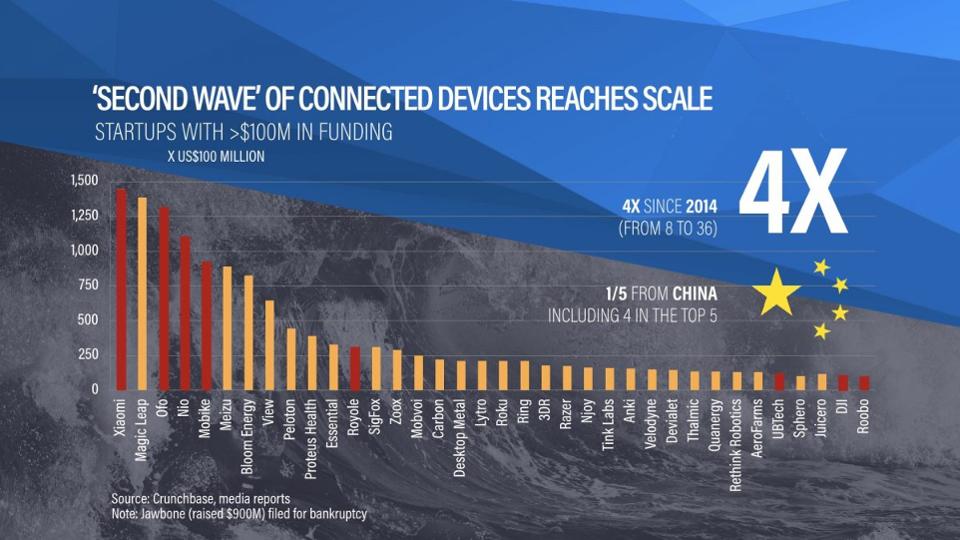
A.I. is everywhere — machine learning, big data, you name it — it can be found in consumer products, health tech devices, service and industrial robots, and various enterprise solutions.
Insurances like data, and to prevent damage. Cases of insurance teaming up with IoT startups are multiplying. Insurance might help IoT spread, and IoT might also become an effective trojan horse for insurance.
Consumer Devices Are Being Reinvented
Data is the new electricity.
As markets are growing and segmenting, many products are being reinvented with deep tech and big data to avoid commoditization. New products are getting specialized, personalized and intelligent, adapting to our unique characteristics.
The smart home is still made up mostly of standalone products, but voice services like Amazon Alexa, Google Home, Apple Siri and Microsoft Cortana are making inroads. They might provide the long-awaited platform that will make the whole ecosystem of devices more usable.
Last, crowdfunding remains a solid channel to launch new products, and most creators of high-profile projects ship.
Health Tech Is Expanding From Tracking To Prevention And Healing
Data the new blood.
Digital therapies are starting to complement and even compete with pharmaceuticals. New devices address a variety of physical and mental conditions, from insomnia to depression, fertility and back pain. Health care might evolve from reactive “sick care” to “P4 Medicine”: predictive, preventive, personalized and participatory.
Will this usher the era of “Generation Health”, as Alex Gorsky, CEO of Johnson & Johnson suggested? Indeed, health data and devices will become critical to our health: “Donating your data might help more than donating an organ”, said Duncan Turner, Managing Director at HAX.
